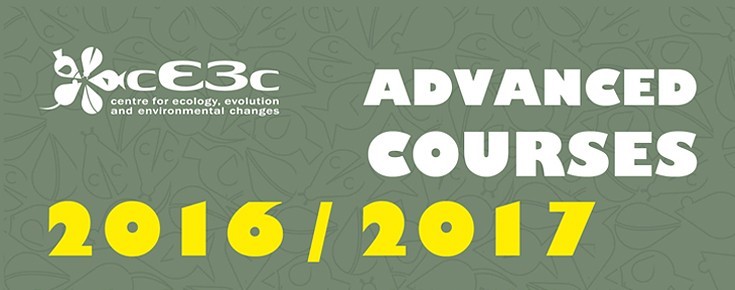
On completion of the course, the students shall have acquired the following knowledge and understanding:
- Describe the main evolutionary acquisitions on groups of the plant kingdom and its adaptive significance;
- Comprehend the modern plant phylogeny and its sources of information;
- Explain the underlying evolutionary mechanisms of diversity and speciation in the plant kingdom;
- Describe the variety of pollination syndromes, reproductive systems and population structures presentin the plant kingdom, and explain the mechanisms underlying this diversity;
- Explain and critically analyse how the genetic diversity and evolutionary potential of plant populations are influenced by phenomena like phenotypic plasticity, seed banks, hybridization, polyploidy and postglacial colonization history;
- Formulate hypotheses and propose methods when studying evolutionary phenomena in wild plant species.
This course can have a recognition of 6 ECTs for FCUL PhD students enrolling in it as part of their first doctoral year. For FCUL PhD students only requiring 5 ECTs recognized in their specific PhD programmes the last 6 hours of the course are not mandatory and the certificate will be on 'Topics in Biodiversity and Plant Evolution’.
Lecturer(s) or Responsable(s): Helena Cotrim and Manuela Sim-Sim (coordinators), Adelaide Clemente, Ana Isabel Correia, Cecília Sérgio, César Garcia, Joana Brehm and Maria Amélia Martins Loução (researchers at Museu Nacional de História Natural e Ciência and/or cE3c).
Date: January 23rd, 2017 to January 27th, 2017
Deadline for Applications: January 8th, 2017













